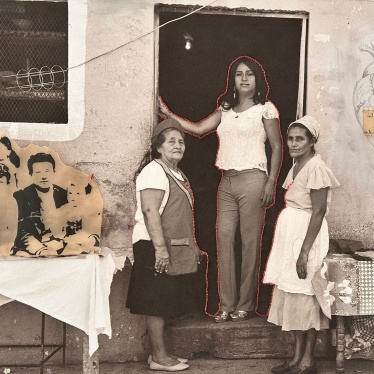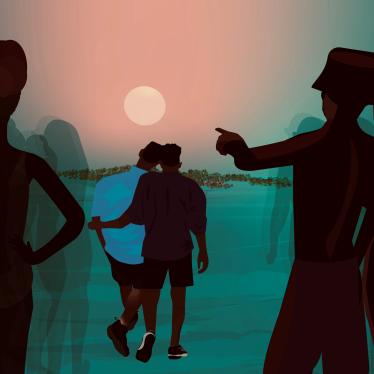In a recent (Monday, May 22) column in this newspaper, deputy solicitor general, Stephen Vasciannie, suggested that Jamaica has no legal obligation to repeal its sodomy laws because no international treaty explicitly recognises a right to homosexual sex, and no reasonable interpretation of the law could justify this conclusion.
But Professor Vasciannie's characterisation of the issue misrepresents the nature of the fundamental rights at stake, and in turn, Jamaica's obligations to protect these rights.
Recognising the importance of safeguarding the fundamental rights of its citizens, Jamaica chose to ratify international treaties that affirm the equality of all people before the law, condemn all forms of discrimination, and protect the human right to privacy.
VIOLATE THE RIGHTS
In 1994, the U.N. Human Rights Committee, which monitors state compliance with the International Covenant on Civil and Political Rights (ICCPR), ruled that sodomy laws punishing consensual adult homosexual conduct violate the rights to privacy and non-discrimination protected by the Covenant. In the case of Toonen v. Australia, it also held that 'sexual orientation' was a status protected under the Covenant's equality clauses from discrimination. And it noted that criminalisation of homosexual practices hampered HIV prevention "by driving underground many of the people at risk of infection."
The rulings of the Human Rights Committee are authoritative interpretations of state obligations under the ICCPR. To dismiss them as non-binding recommendations minimises their importance in establishing principles of international law to which Jamaica has pledged to adhere.
Since Toonen, the Committee on Economic, Social and Cultural Rights, and the Committee on the Elimination of all forms of Discrimination against Women have called for the repeal of laws criminalising consensual adult homosexual conduct because they violate fundamental human rights and impede the enjoyment of other rights, including the rights to life and to health.
Jamaica's Ministry of Health has acknowledged that the misperception of HIV/AIDS as a "gay disease," coupled with homophobic discrimination, help spread HIV/AIDS by discouraging at-risk Jamaicans from seeking HIV-related information and care. People at risk of HIV including heterosexual men and women shun HIV/AIDS information and services because they are terrified of stigma, or because they do not believe they are vulnerable to HIV.
ELIMINATING DISCRIMINATION
Sodomy laws may in fact reflect the social values and religious beliefs of most Jamaicans. We, therefore, realise that repealing Jamaica's sodomy laws will not alone eliminate discrimination based on sexual orientation, but must be coupled with significant public education regarding respect for human rights of lesbian, gay, bisexual and transgender persons.
The fact that a majority of Jamaicans hold biased views regarding a homosexual minority cannot justify retaining laws that discriminate based on sexual orientation any more than biased views on race, origin, colour, or religion justify laws that discriminate based on these factors. As the Ministry of Health has recognised in advocating to repeal Jamaica's sodomy laws, sometimes the law must lead in order to make change.
Human Rights Watch hopes that the deputy solicitor general will not loftily dismiss the now well-established proposition that discrimination on account of sexual orientation is just as unlawful as discrimination on account of race. It is time for Jamaica to join the ranks of progressive and democratic countries that recognise that an effective policy against HIV/AIDS must be predicated not on prejudice but on inclusion.
In the wake of apartheid, South Africa created a constitution that extended human rights protections across the board including based on sexual orientation. We urge Jamaica to follow this bold example.
________________________________________
Rebecca Schleifer, a researcher on HIV/AIDS and human rights at Human Rights Watch, is author of the report, ''.





